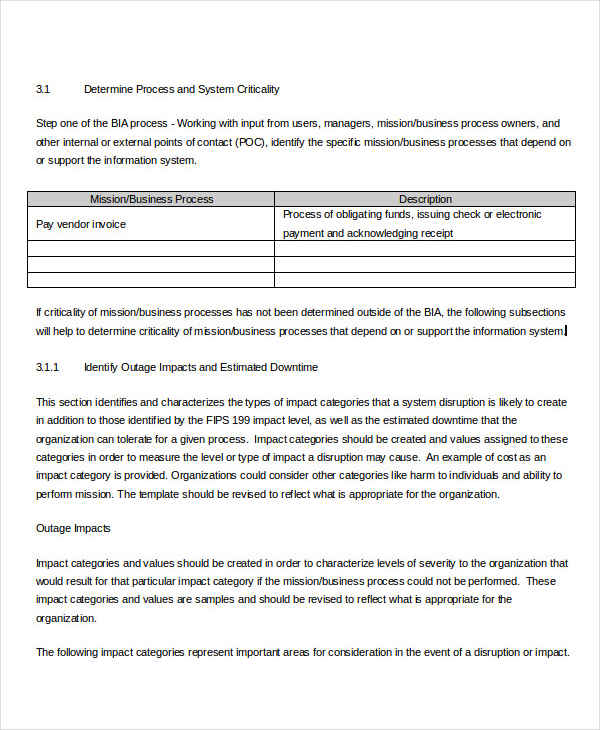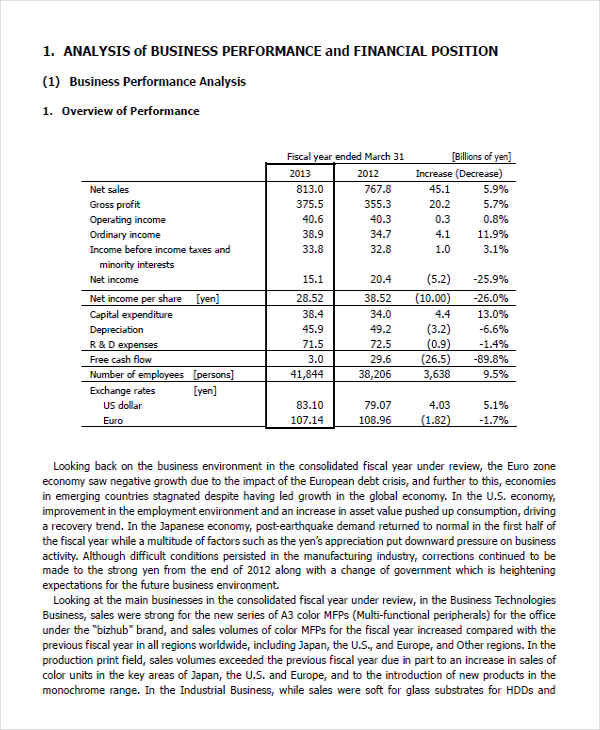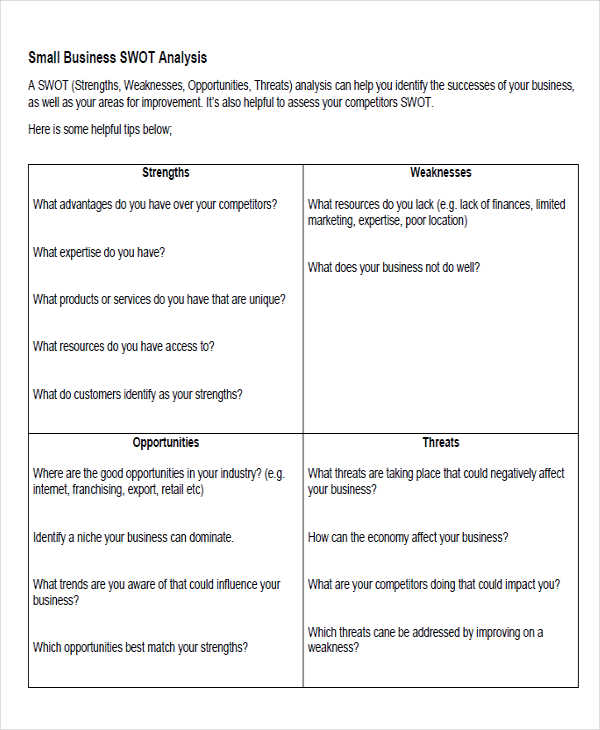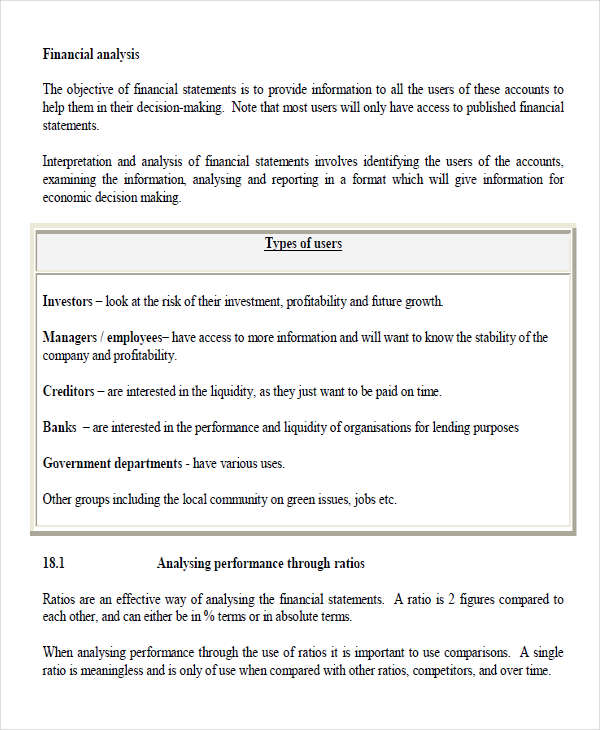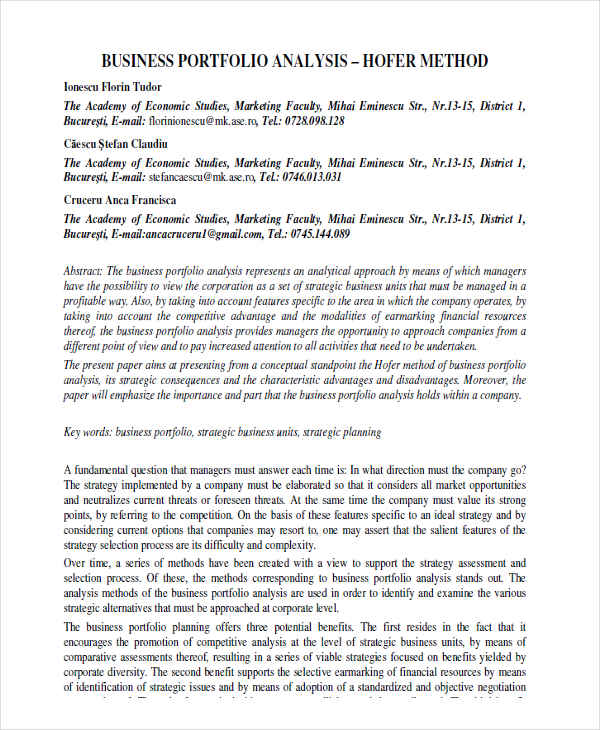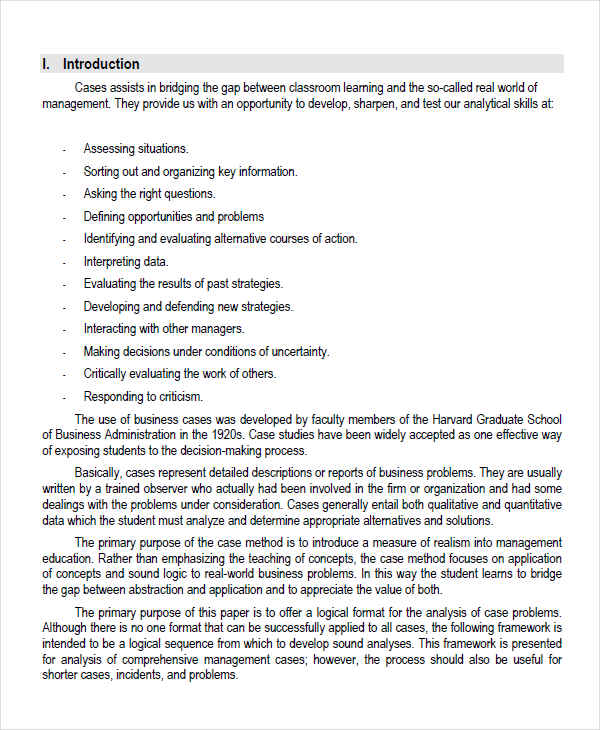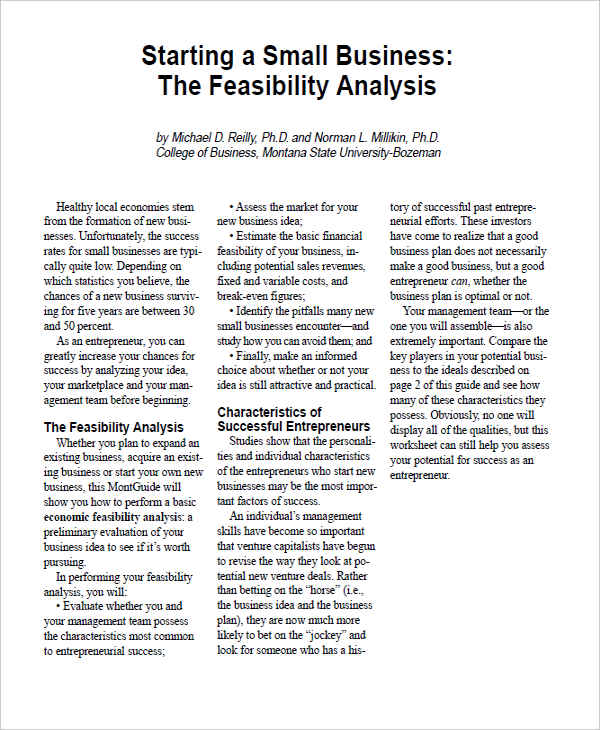22+ Business Analysis Examples to Download
One of the keys to running a good and progressive business is by constantly conducting evaluations and thorough study on its performance. There is a need to tap all important factors such as market movement, cash flow, as well as checks and balances. All these contribute independently but simultaneously towards success.
Financial analysts have one of the hardest jobs in the planet. The burden of having to monitor the financial analysis performance is upon them including a possible downfall of a business. So, they fervently and attentively do all the necessary precautions and steps in order to attain the common goal of an organisation.
22+ Business Analysis Examples
Business Analysis Template

Business Needs Analysis Template
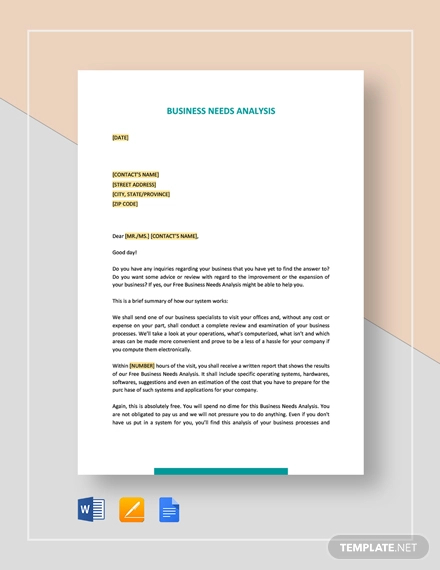
Small Business Competitive Analysis Template

Business Process Analysis Template
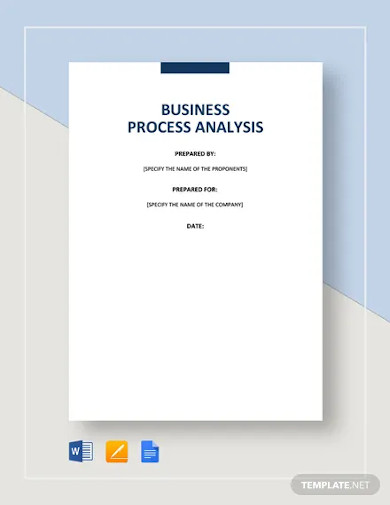
Business Risk Analysis Template

Business Impact Analysis Template

Business Requirements Analysis Example

Business Analysis Proposal Design

SWOT Analysis Template for Business Plan
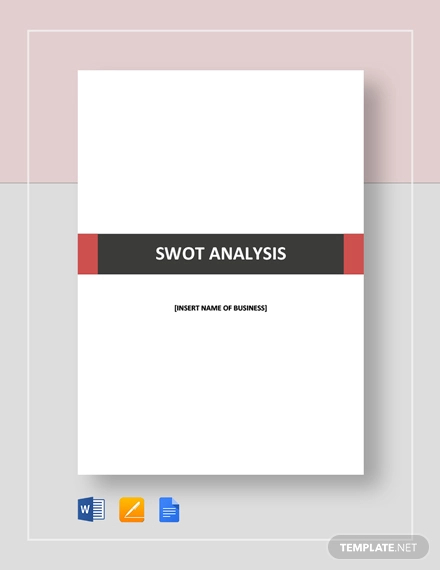
Business Cost Analysis Template
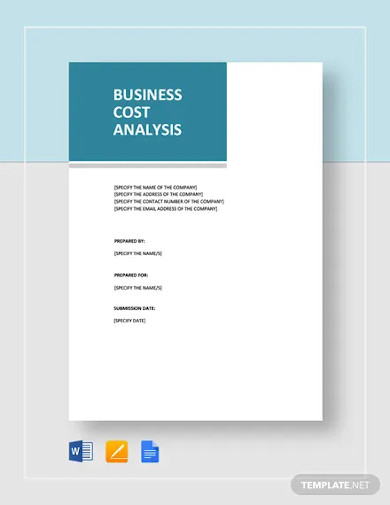
Business Analysis Template

Business Impact Analysis Template

Business Needs Analysis Template
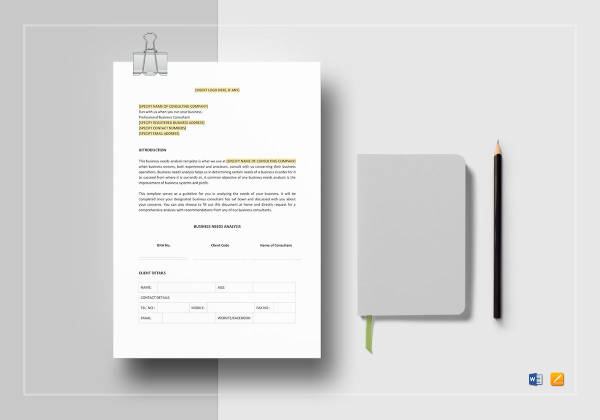
Business Impact
Business Process
Business Performance Analysis
Quantitative Business Analysis
Business SWOT Analysis
Financial Business
Business Portfolio Analysis
Business Case Analysis
Feasibility Analysis
Financial Analysis of Business Plan
What Is a Business Analysis?
Due to the complexity of a business, different strategies are incorporated in order to gauge its performance. Analyzing the business as a whole includes constant evaluation of its direct income generators as well as its expenditures. In addition to that, manufacture and distribution of goods is also considered if there is enough number of it that is marketed outside the business premises.
How to Create a Business Analysis
When creating a business analysis Example, you need to be able to identify the important factors that affect or contribute to the performance of the business.
- Study the business. The first step to be done is to study the business as a whole. Compare its past and present outputs and try to determine the key factors.
- Identify the needs. You need to determine both the good and the bad side of the business. Specify what are the problems as well as highlight its strengths.
- Provide solutions. After thorough evaluation of the scenario, come up with solutions that could help boost the business’s performance.
What Is the Purpose of a Business Analysis?
Writing a business analysis means that you have the whole future of the company upon your shoulder. This is because the information to be used to provide solutions to the business’s existing problem lies on your hands.
The purpose why you need to write a business analysis is to do an extensive evaluation of the business’s overall market performance. As we all know, without proper assessment of the business situation, it is hard to make big decisions. Through a business analysis, you can provide solutions and suggestions that could make a big impact to the growth of the business and to create a flight plan towards success.
How to Improve Business Analysis Skills
Being a business analyst, you need to be able to come up with strategies and methods to create an effective business analysis. Here are a few tips on how to improve your skills in writing a business analysis.
- Critical thinking. In business, you need to think different. You need to think outside-the-box for you to see things at a bigger picture.
- Confidence. This character is important when you are facing problems. You need to stay confident so you don’t lose focus.
- Time management. Remember that time analysis is of the essence in business. A second wasted is a million lost.
Another tip: learn from example. Check out the above examples of business analyses to point you in the right direction and maybe spark an insight that may save your business.



